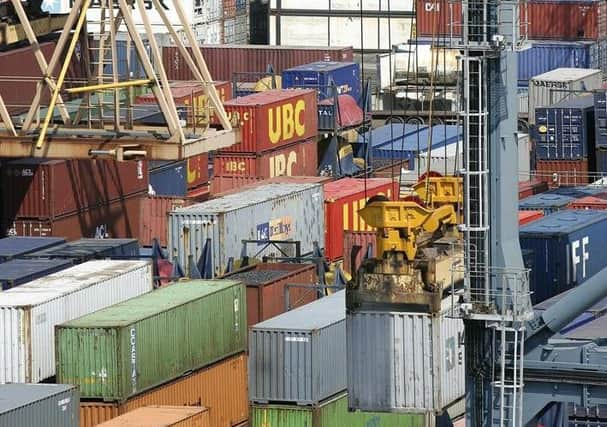Firms could face new rules under new EU arrangement


New IT systems are also likely to be required at borders while firms could be asked to self-assess their own customs duties under proposals outlined in a Government “future partnership paper”.
The document sets out how the Government will seek to make trade as “frictionless” as possible after Britain leaves the the customs union.
Advertisement
Hide AdAdvertisement
Hide AdAlthough there is an admission that firms will face new administrative burdens, it also outlines proposals to make life easier by taking unilateral action on regulation, negotiating simplification of arrangements with the EU, and by harnessing technology at ports.
But the plans could risk angering Brexit supporters who have argued for leaving the EU in order to cut back Brussels red tape.
During last year’s referendum campaign, the official Vote Leave campaign promised to slash red tape, which they claimed cost the UK as much as £125 billion a year.
Beyond an “interim” period where the Government will aim to broadly replicate current arrangements with the EU under the customs union, the paper sets out two options for long-term arrangements outside the union.
Advertisement
Hide AdAdvertisement
Hide AdUnder the more ambitious proposal, billed as “a new customs partnership”, the goal is to remove the need for a customs border.
One possibility, which the Government admits is unprecedented, would be for Britain to mirror Brussels tariffs for imports that are bound for the EU, while operating separate duties and requirements for goods which will stay in the UK.